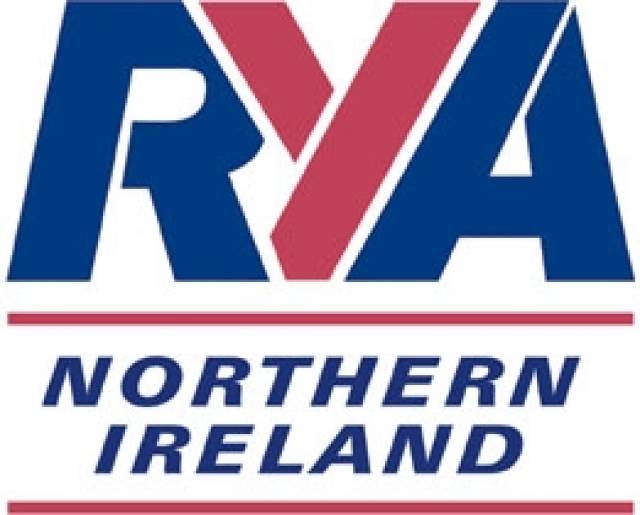National Handicap for Cruisers or NHC is the RYA's new initiative for cruiser racing which as of March 2013 has replaced the Portsmouth Yardstick for this area of racing.
The change was born through a lack data coming into the RYA via club returns. The PYS, as a true empirical scheme, relied on clubs to return data to the RYA in order to be able to analyse the performance of each boat and to be able to publish numbers which identified these performance differences. Without the data coming in from the clubs, the RYA had nothing to analyse and subsequently nothing to publish.
The decision was taken to look at alternative options in October 2012 after four successive years where cruiser returns were in decline. Luckily this decision was taken at the right time as for 2012 the RYA received only 16 returns from clubs.
Having spoken to a variety of other countries running handicap racing, the decision was taken to work with a measurement based scheme which would alleviate the requirement for club returns. This would form a base list of boats from which clubs were able to develop their racing. The other element to the scheme was to include progressive handicapping, something which has been used very successfully in Ireland under ECHO.
In order to develop the handicaps, the RYA worked very closely with the RORC Rating Office who provided invaluable advice in tweaking the handicap formula as well as supplying the data to produce the base list. The RYA were keen not to make NHC a measurement scheme and therefore concentrated on the three principle factors which would effect a boats performance - length, weight and sail area. Additional a factor was introduced based on the design age which would account for the different style of hull designs as time went on.
The other decision was to publish a single number for a boat variant irrespective of the different rigs or keels available. This decision was not taken lightly and came about after a careful review of the boat data held. It felt counterintuitive to apply a 3% adjustment for a factor when a boat could be 15% lighter than all of its sister-ships. Instead of set adjustment factors, the decision was taken to allow the boats performance, as noted by its race results to actually define how it performed.
Analysing performance, like a handicapping formula, is completely open to opinion as to which method is best. In the end the RYA looked at a variety and developed a slight hybrid in terms of performance handicapping. It based its principles on ECHO but removed the subjective element and automated the process within a number of key popular scoring programs. It provides a different adjustment factor for over achieving than under achieving against your base number and is ultimately a little softer in how adjustments are applied over a series of races - perfect for club racing on a regular basis.
The new element to NHC is the regatta version which has been entirely developed by the RYA for use at key events. Recognising that the base list will never be 100% accurate and that a regatta may not have enough time to iron out any anomalies, a harsher adjustment module was developed for regattas where adjustments for the first couple of races in a series are much higher and soften out towards then end. This means that if a base list number is out - it is adjust quicker initially to get to the boats actual performance after Race 1 and then settles down providing the performance of that boat remains consistent.
Another key part of the regatta adjustment is that a boat that does not participate within a race is taken to have placed within the top three - this was key to avoid boats turning up for a single race within an event to purely win that days trophy.
Both systems will adjust depending on how quickly it gets around the course relative to other boats in that race. This will also combine a level of personal skill as well as boat preparation - leading to the possibility that two sistership boats will have completely different handicaps. This is the intention of the scheme.
NHC has been designed as an entry level scheme to cruiser racing where if you don't have the right boat, a rail full of crew, more growth on your bottom than the Mary Rose or simply want to sail with your kids, family dog and tea bags - your handicap will adjust towards your skill level and performance. The scheme will rewards those who are consistent and the key to its success is in how much those sailors see their handicap changing as they develop their skills. Similar to golf, instead of retreating to the bar and whinging about the handicap scheme, sailors have the option of being able to brag about how much they have managed to increase their handicap by as they have got better at getting around the course.
Initial feedback has been positive and clubs that understand the nature of NHC is not to replace a top level rating scheme such as IRC but more to work alongside it in nurturing sailors skills at club level before they out-grow the scheme and move up to IRC. NHC has already been used for races after a month and every day the RYA are receiving more and more emails and calls from clubs starting up with NHC and getting their members onto the water in the most simple of methods.































































